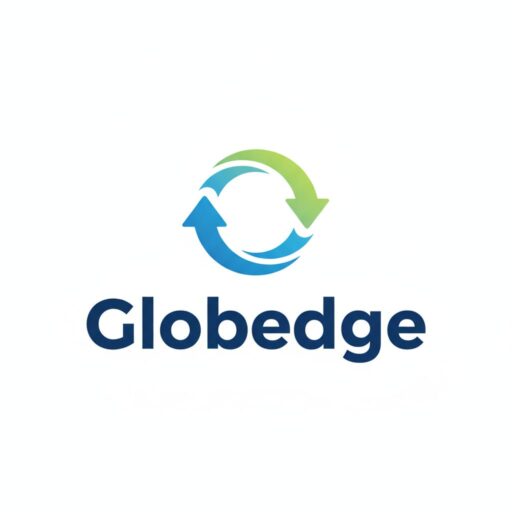Meta Platforms CEO Mark Zuckerberg has announced a sweeping investment plan—hundreds of billions of dollars—to build massive, multi-gigawatt AI data centers aimed at advancing superintelligence. This high-stakes strategy is part of a broader effort to outperform AI leaders like OpenAI and Google (Reuters).
Infrastructure: Superclusters on a Massive Scale
- Prometheus, Meta’s first “supercluster,” is scheduled to go online in 2026, delivering over 1 gigawatt of computing power (Investopedia).
- A second project, Hyperion, is being built to scale up to 5 gigawatts, covering an area comparable to parts of Manhattan (Reuters).
- Reports state Meta is even deploying tent-based data center modules to fast-track capacity, underscoring the urgency of their infrastructure buildout (Business Insider).
Financial Scale: Heavy Capital Outlay
- Meta has significantly increased its 2025 capital expenditure projection to $64–72 billion, focused largely on AI infrastructure (Reuters).
- Earlier in the year, Zuckerberg had already revealed a $60–65 billion AI budget for 2025, nearly doubling 2024’s investments .
- A 2 GW+ data center is underway in Louisiana, and Meta aims to deploy 1 GW of compute this year, supported by over 1.3 million Nvidia GPUs (Technology Magazine).
War for Talent: Building Superintelligence Labs
- Zuckerberg has reorganized efforts into the Meta Superintelligence Labs, led by Alexandr Wang and Nat Friedman (Reuters).
- Talent recruitment is aggressive: Meta’s top-tier compensation packages include offers exceeding $100 million, targeting AI experts from OpenAI, Google, Apple, and beyond (Business Insider).
- The investment also includes a $14.3 billion stake in Scale AI, helping to incubate internal capabilities (Reuters).

Strategic Rationale
- Catch-Up Imperative
Meta’s Llama 4 underperformed competitors, prompting a renewed urgency in infrastructure and research capabilities (Wikipedia, Reuters). - Leverage Strong Cash Flow
With $165 billion in revenue and robust advertising profits, Meta has both the capital and incentive to invest heavily (Reuters). - Long-Term AI Leadership
The aim is to be a frontrunner in developing artificial general intelligence (AGI)—an AI that matches or exceeds human intelligence across diverse tasks (Investopedia).
Market & Industry Response
- Following the announcement, Meta shares climbed ~1%, adding to a nearly 20–25% stock gain in 2025 (Reuters).
- Analysts view this as an assertive move, signaling that Meta is serious about competing—and possibly leading—in an era dominated by AI infrastructure races .
Risks & Rewards
- High Stakes, High Cost
While earnings could benefit long-term, the immediate payoff is uncertain—Meta is effectively “overbuilding” to avoid falling behind (Gadgets 360). - Infrastructure Intensity
With massive energy demands for cooling and computing, Meta is also negotiating nuclear power and private credit deals to back the build-out—like raising $29 billion via debt . - Competitive Tensions
Rival giants—Microsoft, Google, OpenAI—are investing heavily too, escalating the capital race in a high-cost AI arms competition (Business Insider).
Conclusion
Meta’s announcement marks a strategic turning point: billions in immediate capital, global-scale infrastructure, and aggressive talent cultivation to build superintelligence. Zuckerberg’s message is clear—Meta is no longer content being a social-media powerhouse; they’re intent on redefining the future of AI. Now the ball is in the field: will these superclusters help Meta claim AI leadership, or will history remember it as an overreach?


